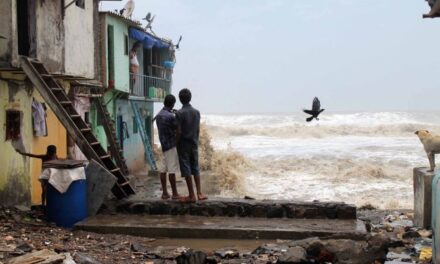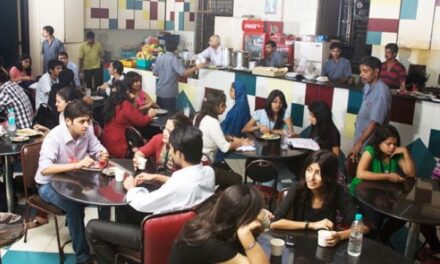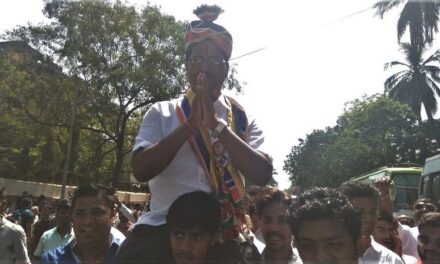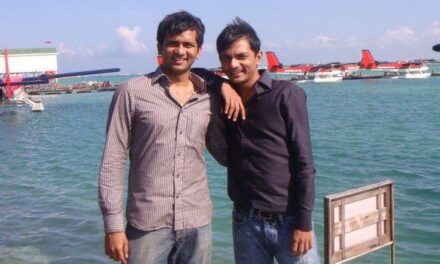Hybrid AC Buses Mumbai: Complete details about all existing routes, fares
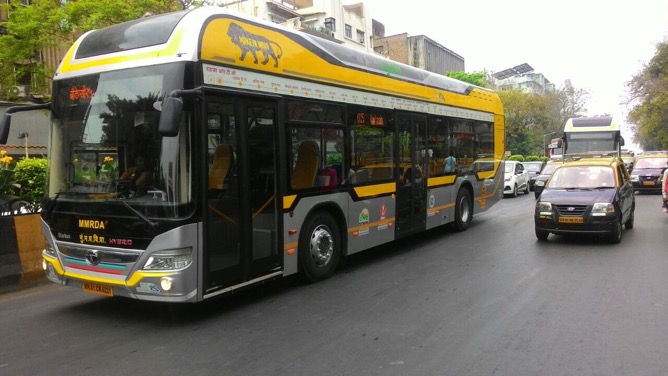

The hybrid AC buses have started plying on all 9 routes from this week (Picture Courtesy: Kartik Dedhia)
Maharashtra Chief Minister Devendra Fadnavis inaugurated 25 brand new hybrid air-conditioned buses in Mumbai last week in a bid to reduce pollution and offer better connectivity with the bustling Bandra-Kurla Complex (BKC).
The buses, procured by MMRDA and operated by BEST’s transport unit, were approved by the Union Government under the National Electric Mobility Mission Plan 2020.
“As a part of our hard work and continuous efforts to run all the buses on electric mobility mode, we have finalised a charging policy which will allow BEST to bring more such environment-friendly buses in Mumbai,” Fadnavis said during launch.
While the feeder services started on the day of launch, i.e March 16, point-to-point services started from March 19. Complete details about all existing hybrid AC bus routes and their current fares are given blow.
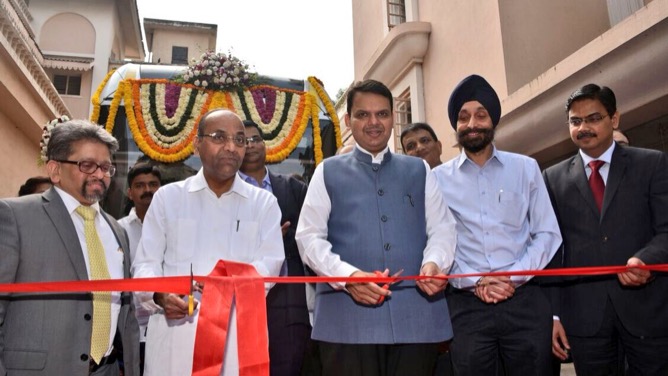
The hybrid AC buses were launched by CM Devendra Fadnavis and Union Minister Anant Geete on March 16
Point-to-Point Services:
Route Number BKC 10
Route: Borivali Railway Station to BKC
Fare: Rs 94
Daily Services: 5
Timings: 7:30 am, 7:45 am, 8 am, 8:15 am and 8:30 am
Route: BKC to Borivali Railway Station
Fare: Rs 94
Daily Services: 5
Timings: 6 pm, 6:15 pm, 6:30 pm, 6:45 pm and 7 pm
Route Number BKC 11
Route: Hiranandani, Thane to BKC
Fare: Rs 110
Daily Services: 4
Timings: 7:30 am , 7:45 am, 8 am and 8:15 am
Route: BKC to Hiranandani, Thane
Fare: Rs 110
Daily Services: 4
Timings: 6 pm, 6:20 pm, 6:40 pm and 7 pm
Route Number BKC 12
Route: Jalvayu Vihar, Kharghar to BKC
Fare: Rs 110
Daily Services: 4
Timings: 7:30 am, 7:45 am, 8 am and 8:15 am
Route: BKC to Jalvayu Vihar, Kharghar
Fare: Rs 110
Daily Services: 4
Timings: 6 pm, 6:20 pm, 6:40 pm and 7 pm
Route Number BKC 13
Route: MP Chowk, Mulund to BKC
Fare: Rs 63
Daily Services: 4
Timings: 7:30 am, 7:45 am, 8 am and 8:15 am
Route: BKC to MP Chowk, Mulund
Fare: Rs 63
Daily Services: 4
Timings: 6 pm, 6:20 pm, 6:40 pm and 7 pm
Point-to-Point Services – What works:
* Reduced travel time since the buses will travel point to point without any stops.
* Longer routes will result in more cost saving for the undertaking.
* Viable option for commuters who were completely dependant on railways till now.
Point-to-Point Services – What doesn’t work:
* Lack of seasonal pass and daily fares of around Rs 100 may render the service too expensive for daily commuters.
* Lack of connectivity to South Mumbai, which is still one of the most prominent commercial centre in the city.
* Less flexibility due to absence of mid-route halts.
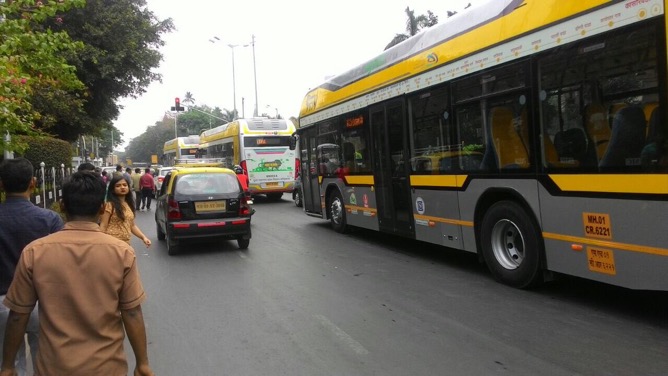
At present, the hybrid buses ply on four point-to-point routes and five feeder routes (Picture Courtesy: Kartik Dedhia)
Shuttle Services:
Route Number BKC 21
Route: Bandra Railway Terminus (East) – Kalanagar – Diamond Market
Fare: Minimum fare Rs 16 and maximum fare Rs 26
Timings: 9 am to 7 pm
Route Number BKC 22
Route: Kurla Station (West) – SEBI – MMRDA Pay and Park
Fare: Minimum fare Rs 16 and maximum fare Rs 26
Timings: 9 am to 7 pm
Route Number BKC 23
Route: Bandra Railway Terminus – Kalanagar – CA Institute
Fare: Minimum fare Rs 16 and maximum fare Rs 26
Timings: 9 am to 7 pm
Route Number BKC 24
Route: Rani Laxmibai Chowk (Sion) – BKC (via Dharavi)
Fare: Minimum fare Rs 16 and maximum fare Rs 26
Timings: 9 am to 7 pm
Route Number BKC 25
Route: Rani Laxmibai Chowk (Sion) – BKC (via LBS Road, Kurla)
Fare: Minimum fare Rs 16 and maximum fare Rs 26
Timings: 9 am to 7 pm
Shuttle Services – What works:
* Feeder services will reduce dependency on taxis and auto-rickshaws.
* Affordable fares will make the service accessible to everyone.
* Connectivity to the most crowded railway stations near BKC.
Shuttle Services – What doesn’t work:
* Relatively longer time gap between consecutive services.
* The timing of 9 am to 7 pm may not work for a large number of commuters.
* Limited seating capacity may lead to overcrowding on short routes.
Note: The buses will travel from Thane, Borivali, Kharghar or Mulund to BKC in the morning and ply on the feeder routes throughout the day. In the evening, the buses will travel back on the longer routes.
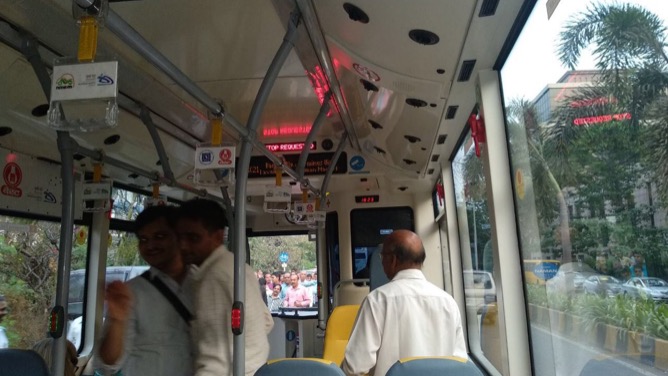
The buses boast of a slew of modern amenities like CCTV, Wi-Fi, digital screens among others (Picture Courtesy: Kartik Dedhia)
About the buses:
The Tata Starbus hybrid-electric AC buses were manufactured locally under Prime Minister Narendra Modi’s ‘Make In India’ campaign. Some highlights of the buses are;
* Procured at a cost of Rs 1.7 crore each.
* Can seat 31 excluding the driver, and allow 28 standees.
* Mark the return of AC buses in the city, which were discontinued last year.
* Run on diesel and electric power, thereby improving fuel savings by 25-30 percent.
* Expected to cut down carbon emissions by up to 30 percent.
* Fitted with lithium-ion phosphate batteries, which recharge while the engine is running and under braking.
* Equipped with modern amenities like CCTV cameras, charging points, Wi-Fi hotspots, Public Information System (PIS) among others.
* Offer better visibility, wider corridors, lower doors and ramps, bucket space under seats, headrests and more legroom than conventional buses.
Future Plans:
According to Heavy Industries Minister Anant Geete, Mumbai will get 80 more hybrid buses soon. The 80 additional buses, which are more comfortable and environment-friendly that conventional ones, have already been sanctioned by the ministry.
“Today is the zero-emission era and we will have to walk with industries hand-in-hand to achieve that. We also have to achieve complete electric mobility to make cities and states pollution free”, Geete said during the inauguration of the first 25 buses.
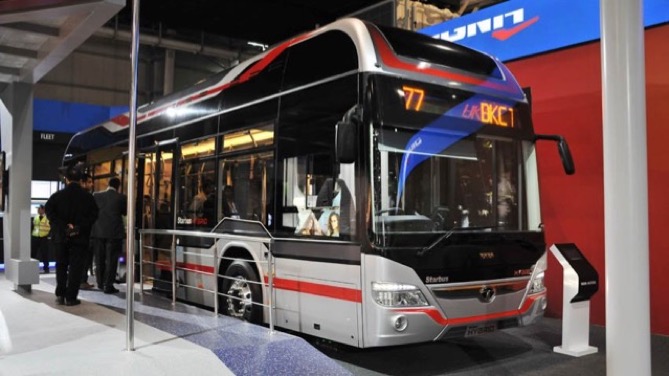
The Tata Starbus hybrid-electric AC buses were manufactured locally under the ‘Make In India’ program (Picture Courtesy: Autocar)
The manufacturer, Tata Motors, has also assured of a continued commitment to developing lower emission buses.
“The Tata Starbus Hybrid Electric is India’s First Series Hybrid Electric Architecture Bus and is a testimony to our technological prowess and deep understanding of our customer requirements,” said Girish Wagh, President, Commercial Vehicles Business, Tata Motors.
“We are committed to developing low emission buses that make a substantial contribution towards sustainable urban transport,” he added.










